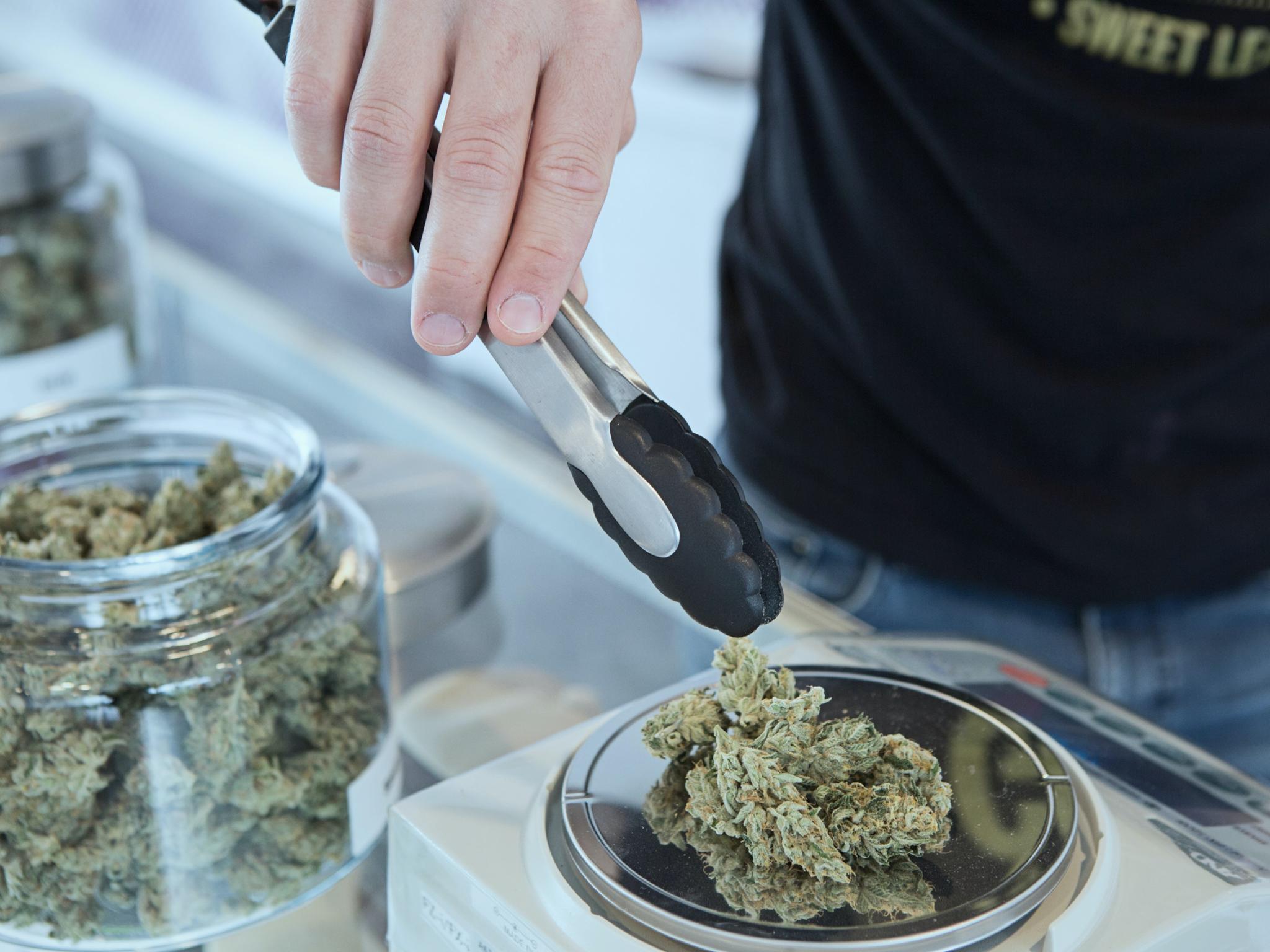
Although California Governor Gavin Newsom’s proposal of eliminating cannabis cultivation taxes has received a lot of support, it also has its detractors.
The measure has triggered criticism due to the rise of the retail excise tax on marijuana. The project aims to reduce tax pressure on licit operators and stimulate competition in the formal market.
The current price of cultivation tax is $10.08 (resulting in $161.28 per pound) per ounce of flower, whilst $3 per ounce of leaves ($48 per pound).
Californian Senator Scott Wiener (D) explained that the high taxes on marijuana companies result in a rise in the product at a retail level, resulting in consumers recurring to the unlicensed market. Licensed cannabis in California averages 8.82% of the final sales price for 2022.
“Taxes are so high they’re helping fuel the illicit market,” Wiener said, though he is critical of Newsom’s plan. The retail excise tax on marijuana purchases would rise in going from 15% to 19%, in the long term, in order to compensate for the lack of revenue gained through taxes, rising criticism among the industry.
Newsom’s plan would go into effect July 1 if state lawmakers approve it. Consisting of cutting the cultivation tax, the proposed 4% increase in the state retail excise tax to 19% would have an effect in three years.
What About Social Services Supported By Weed Taxes?
The state should also backfill the shortfall of the general fund if marijuana doesn’t add up to the baseline used for funding services. Additionally, Newsom wants to change the sector that collects the tax, giving that responsibility to retailers from marijuana distributors.
Doug Chloupek, CEO and founder of Juva Life (OTCQB:JUVAF), a company specializing in cannabis growth and science, commented on the project: “It’s a nice little Band-Aid for a functionally broken system that needs an overhaul, starting with the reduction of taxes across the board.”







